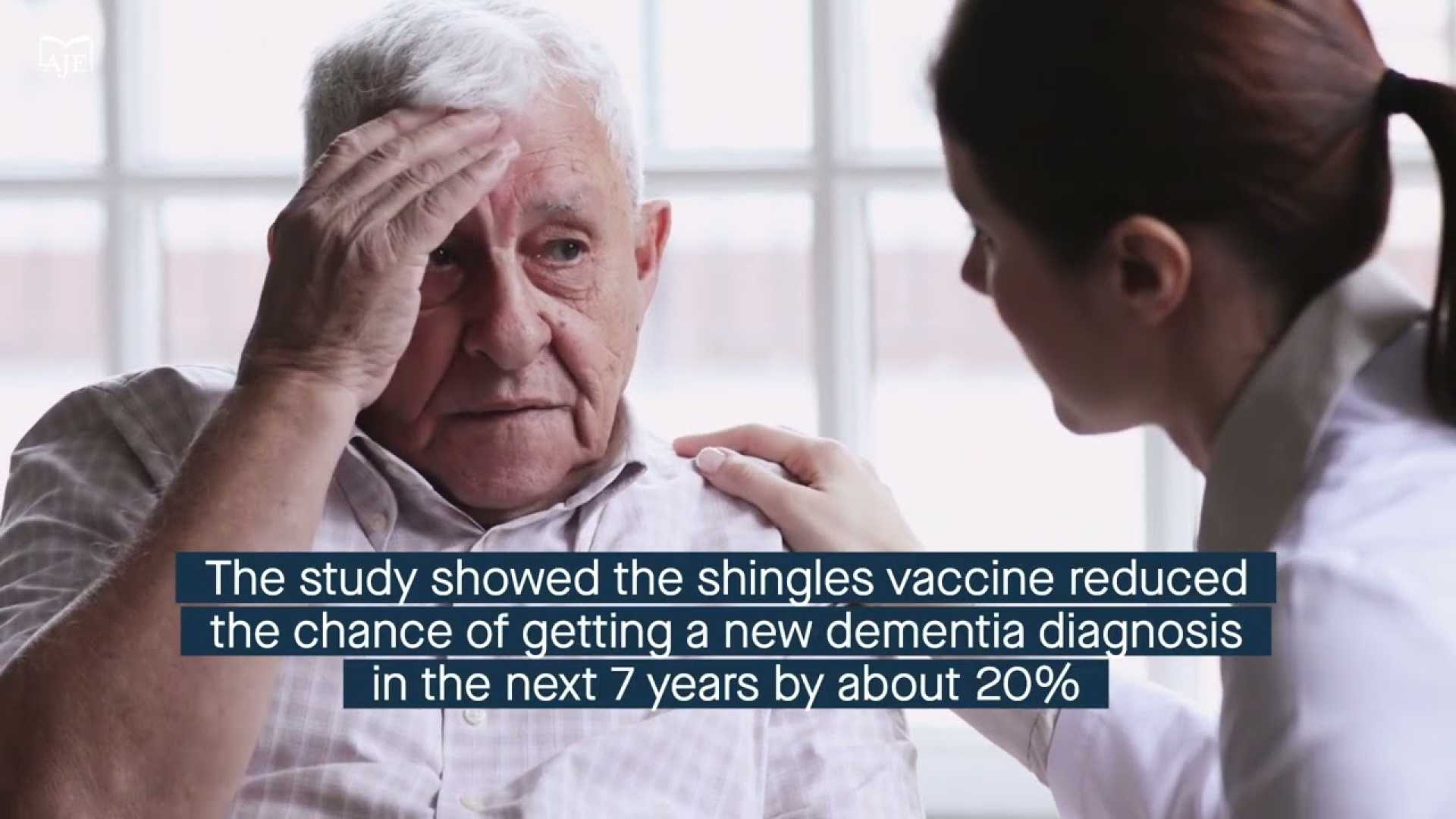Health
Vaccination May Reduce Dementia Risk by 20% in Older Adults

CARDIFF, Wales — A recent study led by researchers at Stanford University provides compelling evidence that the shingles vaccine can significantly lower the risk of developing dementia in older adults. The research analyzed health records of over 280,000 individuals aged 71 to 88 and found that those vaccinated with the Zostavax shot were 20% less likely to be diagnosed with dementia within seven years compared to their unvaccinated counterparts.
The study was sparked by a public health policy in Wales, which made shingles vaccination eligibility dependent on an individual’s exact date of birth. Those born on or after September 2, 1933, were eligible for the vaccine starting on September 1, 2013, while those born before this date missed out, creating a natural experiment.
“For the first time, we are able to say much more confidently that the shingles vaccine causes a reduction in dementia risk. If this truly is a causal effect, we have a finding that’s of tremendous importance,” said Pascal Geldsetzer, an assistant professor at Stanford and the lead author of the study.
The researchers focused their investigation on individuals who were just on either side of the vaccine eligibility cutoff, allowing them to compare dementia rates more equitably. After controlling for factors like age and health background, they confirmed that vaccinated individuals had a 20% lower incidence of dementia.
Anupam Jena, a healthcare policy professor at Harvard Medical School, emphasized the study’s profound implications, noting that dementia impacts over 55 million people worldwide and has no known cure.
The shingles virus, which causes painful rashes, remains dormant in nerve cells after chickenpox. It can reactivate and lead to shingles, especially in the elderly or immunocompromised individuals. Researchers speculate that the vaccine possibly reduces inflammation or enhances immune system responses, thus providing protective benefits against dementia, with more pronounced effects observed in women.
Previous studies indicated a potential link between shingles vaccination and lower dementia rates. However, they could not fully account for biases that might affect vaccination uptake. The unique circumstances of the Welsh vaccination rollout allowed this study to establish a stronger causal relationship between vaccination and reduced dementia risk.
“Given the substantial economic and social burden of dementia, policymakers and healthcare providers might need to reassess the value of widespread herpes zoster vaccination, particularly in older adults,” Jena stated.
Geldsetzer is now seeking funding for a randomized controlled trial to further validate these findings, as trials are the gold standard in establishing cause and effect. “It would be a very simple, pragmatic trial because we have a one-off intervention that we know is safe,” he added.












